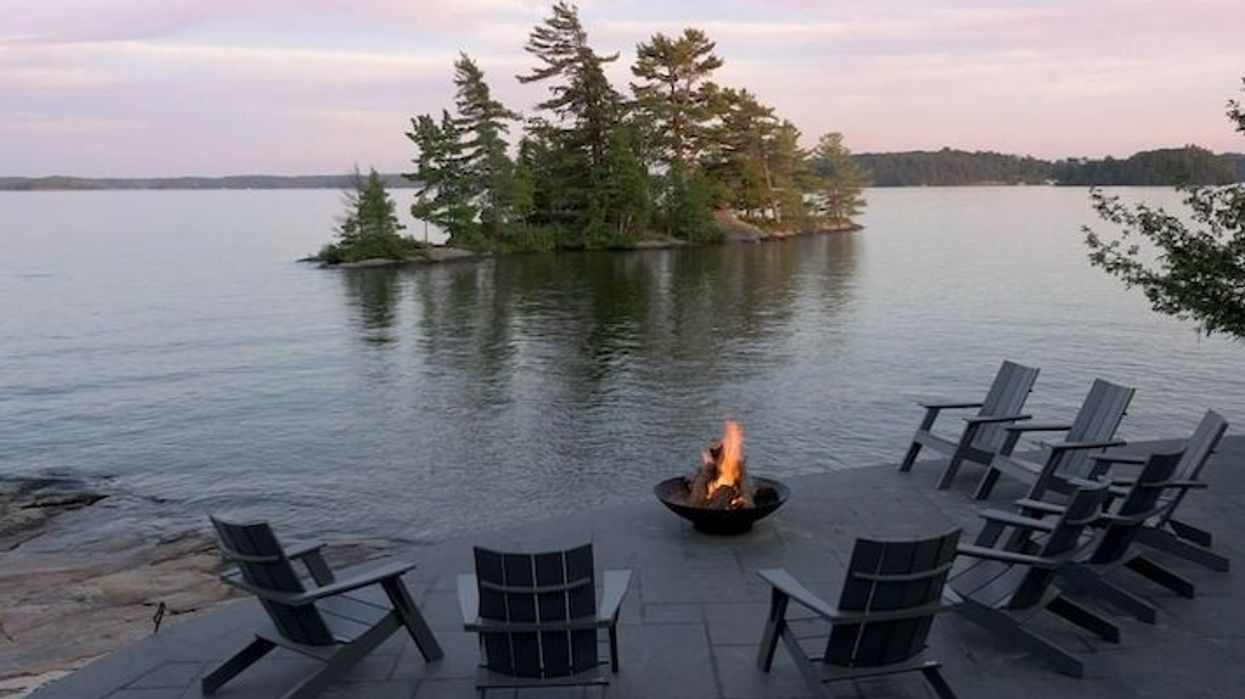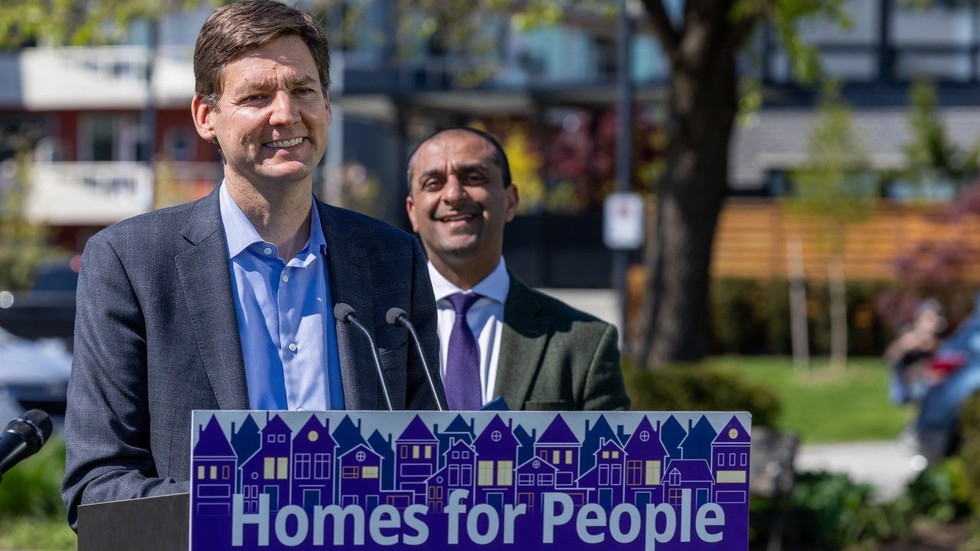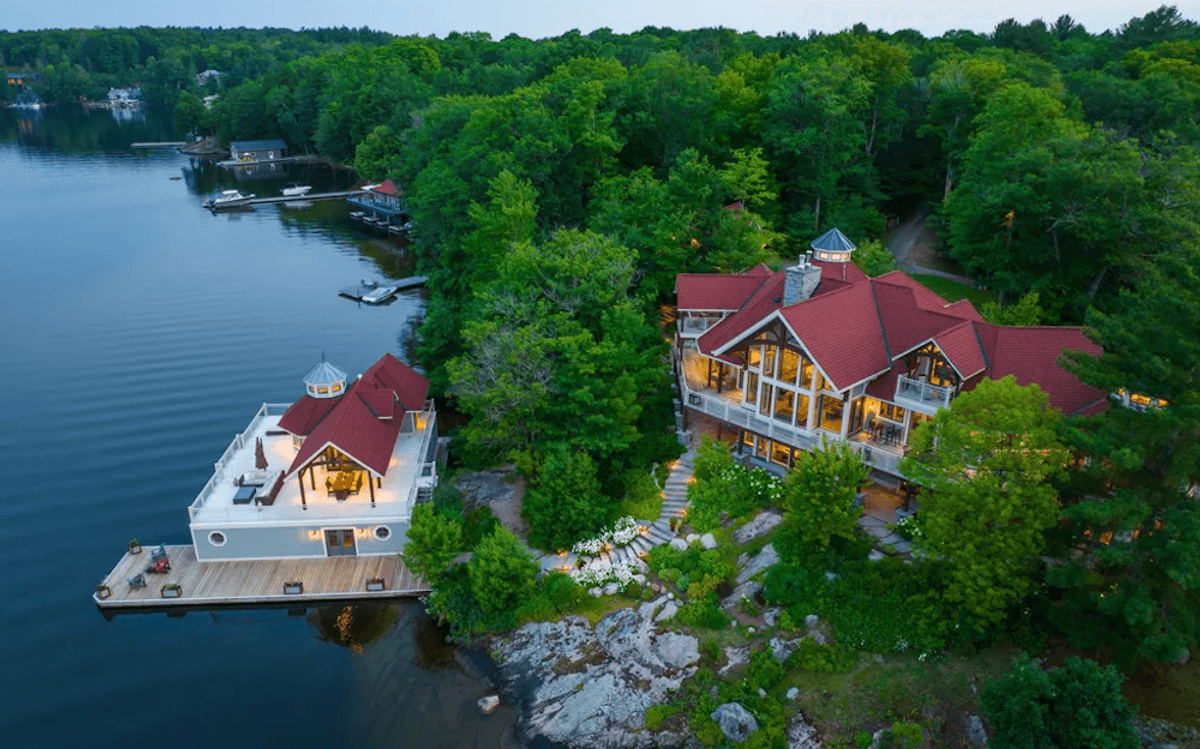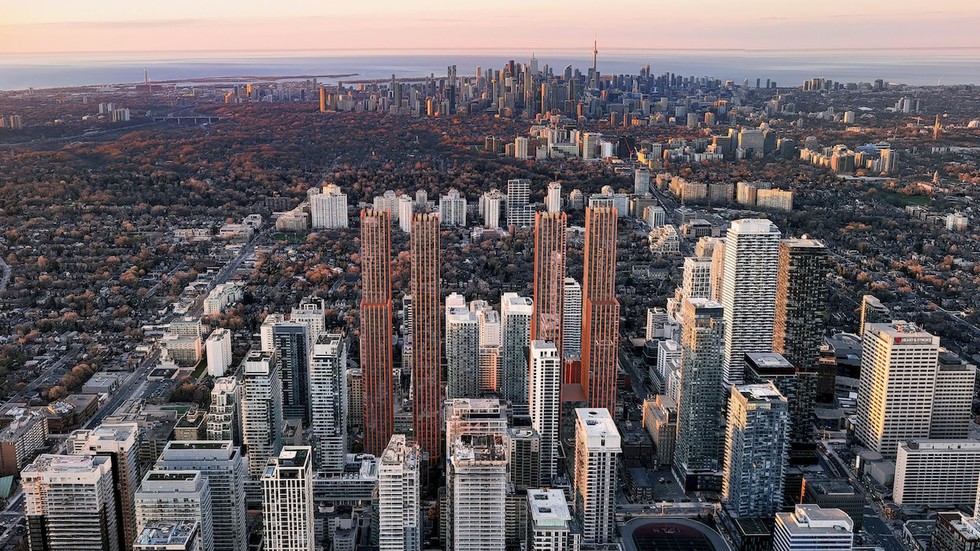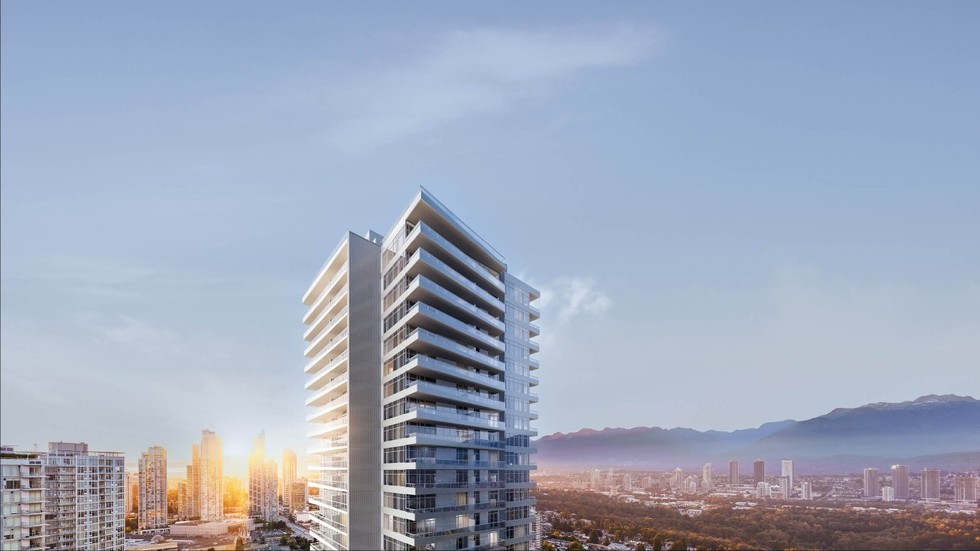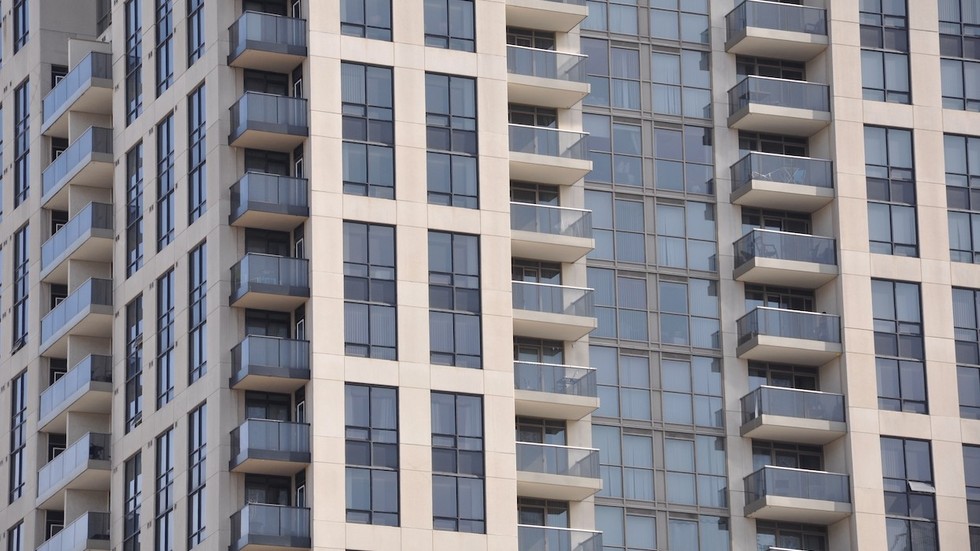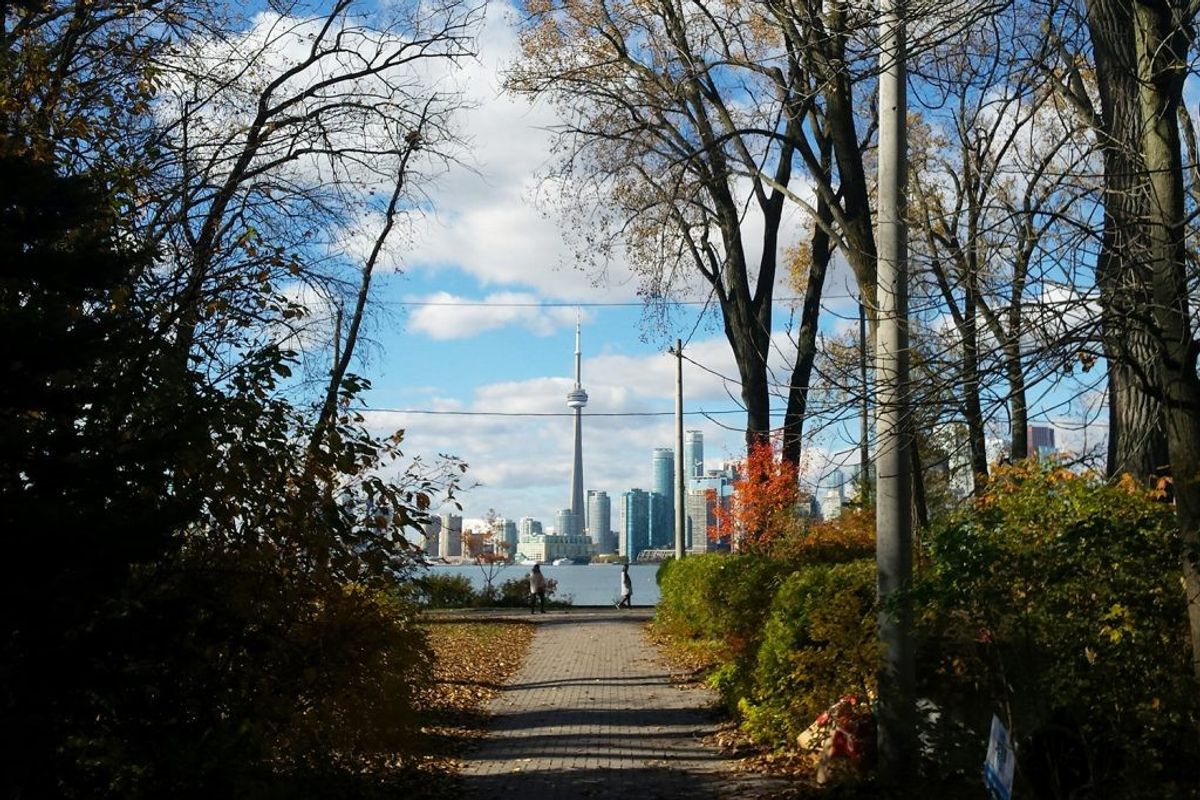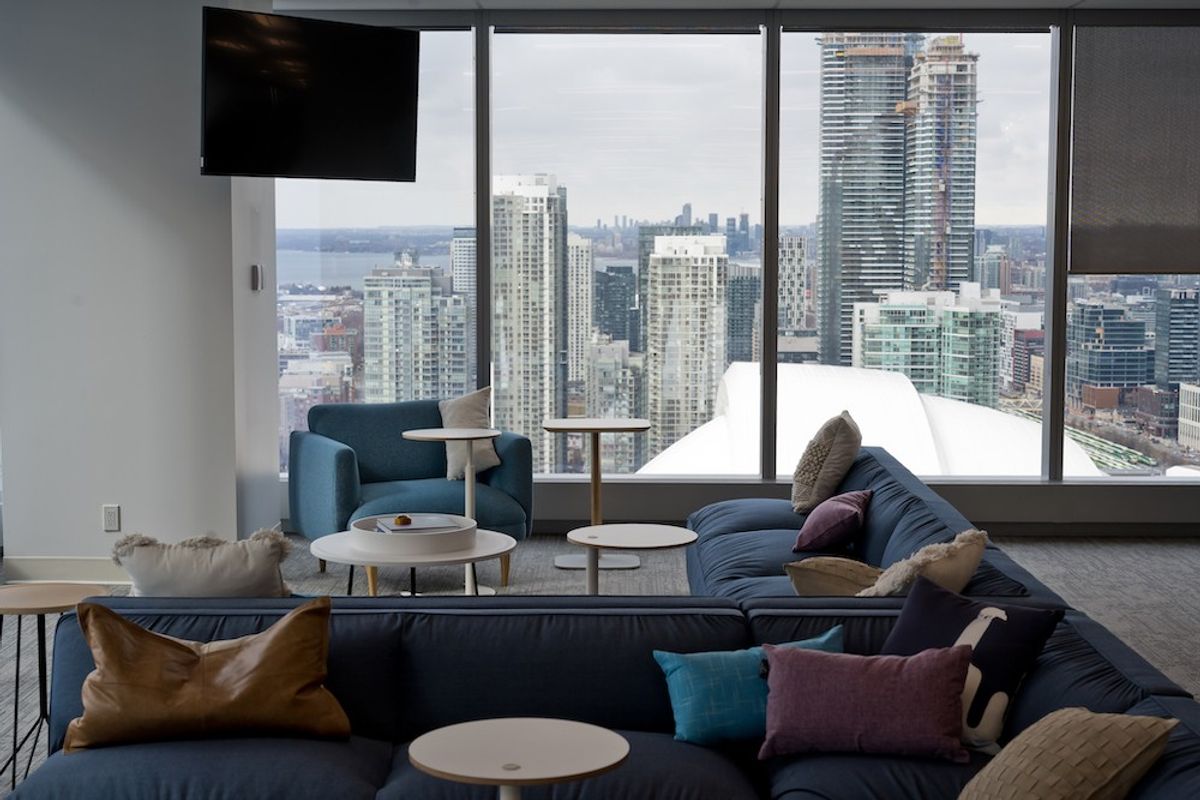With the official start of summer just days away, Ontarians looking for a change of scenery are now able to book short-term rentals throughout the province.
Earlier this month, the Ontario government announced it was lifting its temporary ban on short-term rentals during the COVID-19 pandemic, which forced non-essential rental operations to shut down two months ago.
Now that the ban has been lifted, residents are able to rent lodges, cabins, cottages, homes, condominiums and B&Bs throughout the province.
READ: 5 of the Most Exclusive Cottage Rentals Ontario Has to Offer
If you've been thinking about booking a cottage or any other number of short-term rentals this summer, you should keep the following measures in mind.
Book from hosts that follow cleaning protocols
In response to the crisis, in late April, Airbnb announced its Enhanced Cleaning Initiative, which includes what it bills as "the first overarching standardized protocol for cleaning and sanitization in the home-sharing industry."
Through this initiative, Airbnb is rolling out its new Cleaning Protocol that has enhanced procedures and guidance on how to clean every room in a home. These guidelines include a learning and certification program to empower Airbnb's host community. Guests will be able to identify and book accommodations included in this program soon after hosts enrol.
The host Cleaning Protocol will include specific information on COVID-19 prevention, such as the use of personal protective equipment, like masks and gloves for hosts or their cleaners, as well as disinfectants that are approved by regulatory authorities.
Know what the cancellation policy is
If you're renting through Airbnb, keep in mind that the company now has an extenuating circumstances policy in place, which provides coverage for pandemic related cancellations. According to the company, reservations made on or before March 14, 2020, with a check-in date between March 14 and July 15, 2020, are covered by the policy and may be cancelled before check-in.
Guests who cancel will have cancellation and refund options, and hosts can cancel without charge or impact to their Superhost status. Airbnb says it will either issue a refund or travel credit that includes all service fees for covered cancellations. However, in order to cancel under the policy, you will be required to attest to the facts of and/or provide supporting documentation for your extenuating circumstance.
The host’s own cancellation policy will apply as usual to reservations made after March 14, 2020.
Protect yourself on the ride up
Once you're on the road and heading to your destination, you need to protect yourself especially if you need to stop for gas or use the restroom. Make sure to have hand sanitizer or disinfecting wipes with you if you have to touch anything and to practice good hand hygiene.
Stock up on supplies prior to arriving
To further minimize person-to-person contact, guests should consider picking up anything they want to eat or drink in the city where they live before arriving at their rental. If you absolutely have to run into town, make sure to wear a face-covering because it can help reduce spreading the respiratory droplets that can carry the virus.
Keep things clean
Even though the rental will be cleaned prior to your arrival, guests should still give the place a quick clean upon arriving — particularly doorknobs, phones, remotes, bathroom faucets, washroom fixtures, and countertops, as the virus can live for hours or days on surfaces.
Avoid visiting rural towns or small communities
To limit the strain on small-town resources, guests should avoid venturing into rural towns or nearby communities for day trips or to run errands and avoid using local health providers except for emergencies. If you happen to feel sick at any point during your stay, you should return to the city where you live full-time to not overrun the local health care system.
Continue to practice proper physical distancing
While the province has increased the limit on social gatherings from five to 10 people across the province, regardless of whether a region has moved to Stage 2, all short-term rental guests should continue to practice proper physical distancing and avoid booking in large groups that are not within their social circle.
For owners
Finally, if you're planning on renting out your own rental property, the province says owners should consult health and safety guidelines related to the tourism and hospitality sector when considering how they can reopen their doors to guests.
